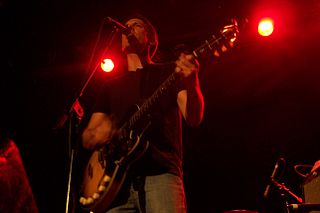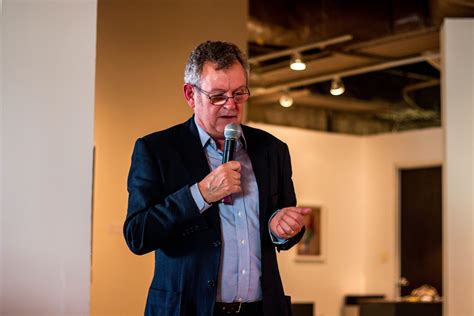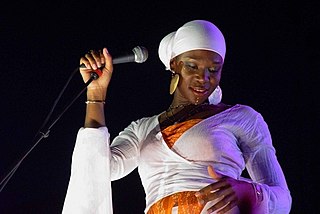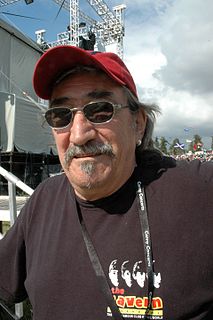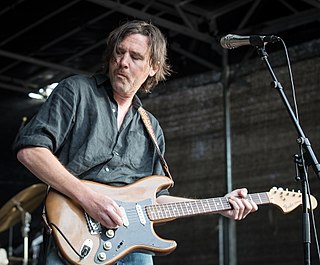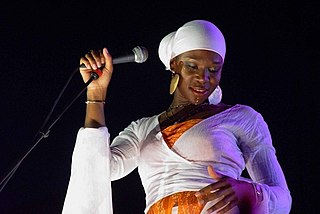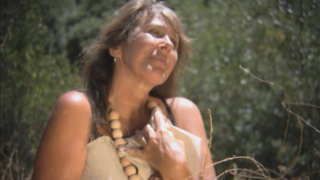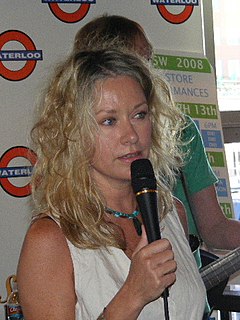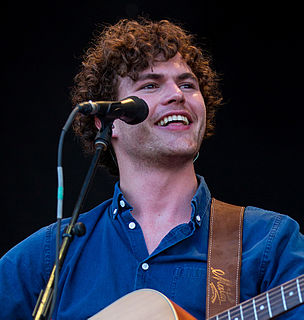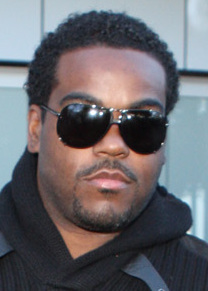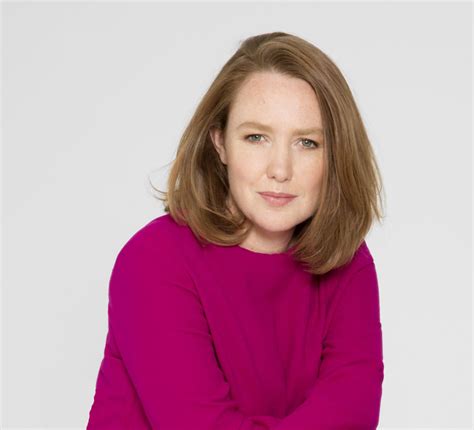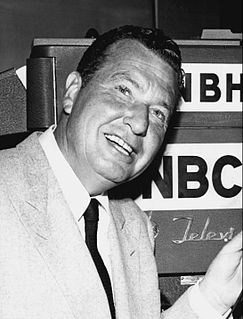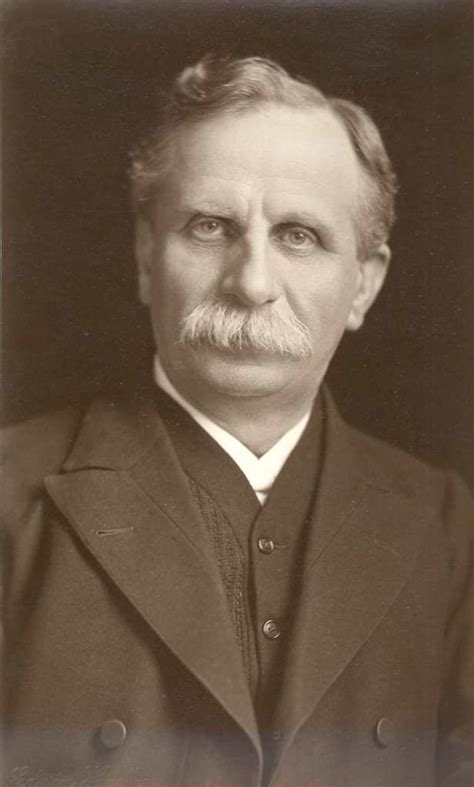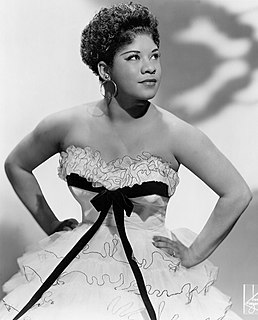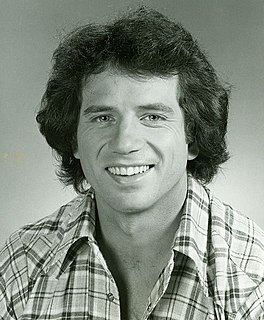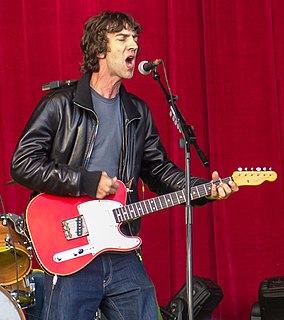Top 1200 Gospel Songs Quotes & Sayings - Page 14
Explore popular Gospel Songs quotes.
Last updated on December 23, 2024.
There are two keys to productive missionary work -- (1) family-to-family friendshipping (when a member family shares the gospel with a nonmember family) and (2) cooperation between members and the missionaries to reach people...Every member knows of nonmembers he or she can refer to the missionaries. Every father, mother, and youth in this church should share the gospel by giving a Book of Mormon, telling the account of the Prophet Joseph Smith, or inviting our acquaintances to a special meeting.
My beloved brothers and sisters, to those of you who have been blessed by the gospel for many years because you were fortunate enough to find it early, to those of you who have come to the gospel by stages and phases later, and to those of you-members and not yet members-who may still be hanging back, to each of you, one and all, I testify of the renewing power of God’s love and the miracle of His grace. His concern is for the faith at which you finally arrive, not the hour of the day in which you got there.
It would get really alienating, to have my face be the face of a cause. So much just comes down to the songs. I just want to give us the opportunity to write great songs. Even our work in Haiti is limited by how good our songs are. We just need to get rid of as much of the bullshit as possible, so we can have a life, so we have something to write about.
I hadn't played any music since freshman year of college, more than thirty years ago, so I had to relearn everything. I started writing songs. Some were dance and trance songs (I listen to them a lot while I'm writing), and some were love songs, because that after all is what music is about - dancing and trancing and love and love's setbacks.
There's no way anyone's going to understand my own personal experiences, where the songs came from, because they're mine. But I was very conscious of leaving loads of space in the songs so that people could interpret them with their own memories, feelings, and emotions. I love the process of taking stuff away so that people could finish the songs themselves. I was hoping it'd end up being as universal as possible, even though it comes from the most personal place.
Daniel's message of hope and help is still the good news of God's grace. We call it the gospel today. It still has the power to impact lives and transform cultures. Paul referred to the gospel as the "power of God" [Romans 1:16] and chose a word from which we derive our word "dynamite" to describe it. It's this power - not pickets, petitions, protests or politics - that's our only hope today.
Yes, I heard my people singing!-in the glow of parlor coal-stove and on summer porches sweet with lilac air, from choir loft and Sunday morning pews-and my soul was filled with their harmonies. Then, too, I heard these songs in the very sermons of my father, for in the Negro's speech there is much of the phrasing and rhythms of folk-song. The great, soaring gospels we love are merely sermons that are sung; and as we thrill to such gifted gospel singers as Mahalia Jackson, we hear the rhythmic eloquence of our preachers, so many of whom, like my father, are masters of poetic speech.
Perhaps the greatest reason for missionary work is to give the world it's chance to hear and accept the gospel. The scriptures are replete with commands and promises and calls and rewards for teach the gospel. I use the word command deliberately for it seems to be an insistent directive from which we, singly and collectively, cannot escape...I wonder if we are doing all we can. Are we complacent in our approach to teaching all the world? We have been proselyting now 144 years. Are we prepared to lengthen our stride? To enlarge our vision?
We give ourselves to prayer. We preach a Gospel that saves to the uttermost, and witness to its power. We do not argue about worldliness; we witness. We do not discuss philosophy; we preach the Gospel. We do not speculate about the destiny of sinners; we pluck them as brands from the burning. We ask no man's patronage. We beg no man's money. We fear no man's frownLet no man join us who is afraid, and we want none but those who are saved, sanctified and aflame with the fire of the Holy Ghost.
I wrote 'Turn Your Radio On' in 1937, and it was published in 1938. At this time radio was relatively new to the rural people, especially gospel music programs. I had become alert to the necessity of creating song titles, themes, and plots, and frequently people would call me and say, 'Turn your radio on, Albert, they're singing one of your songs on such-and-such a station.' It finally dawned on me to use their quote, 'Turn your radio on,' as a theme for a religious originated song, and this was the beginning of 'Turn Your Radio On' as we know it.
The challenges change depending on the song. There are some songs where the lyrics are really a challenge and then there are other songs where the lyrics are there and the music is a challenge. And then you've got rock songs where the challenge is the tightness of the arrangement with the band. The music and the lyrics are there, but it's a challenge to get the arrangement correct. So I wouldn't be able to point to one thing. What the challenge is changes all of the time.
And different traditions stress different - so then there's that. I talked to an African American who says before she goes into an interracial church, she sits in her car and she listens to gospel music to get her fill, and she goes into an interracial church where they don't do gospel music, and she's ready to accept the other sorts of ways of worshipping. So there's that.
True doctrine, understood, changes attitudes and behavior. The study of the doctrines of the gospel will improve behavior quicker than a study of behavior will improve behavior. Preoccupation with unworthy behavior can lead to unworthy behavior. That is why we stress so forcefully the study of the doctrines of the gospel.



